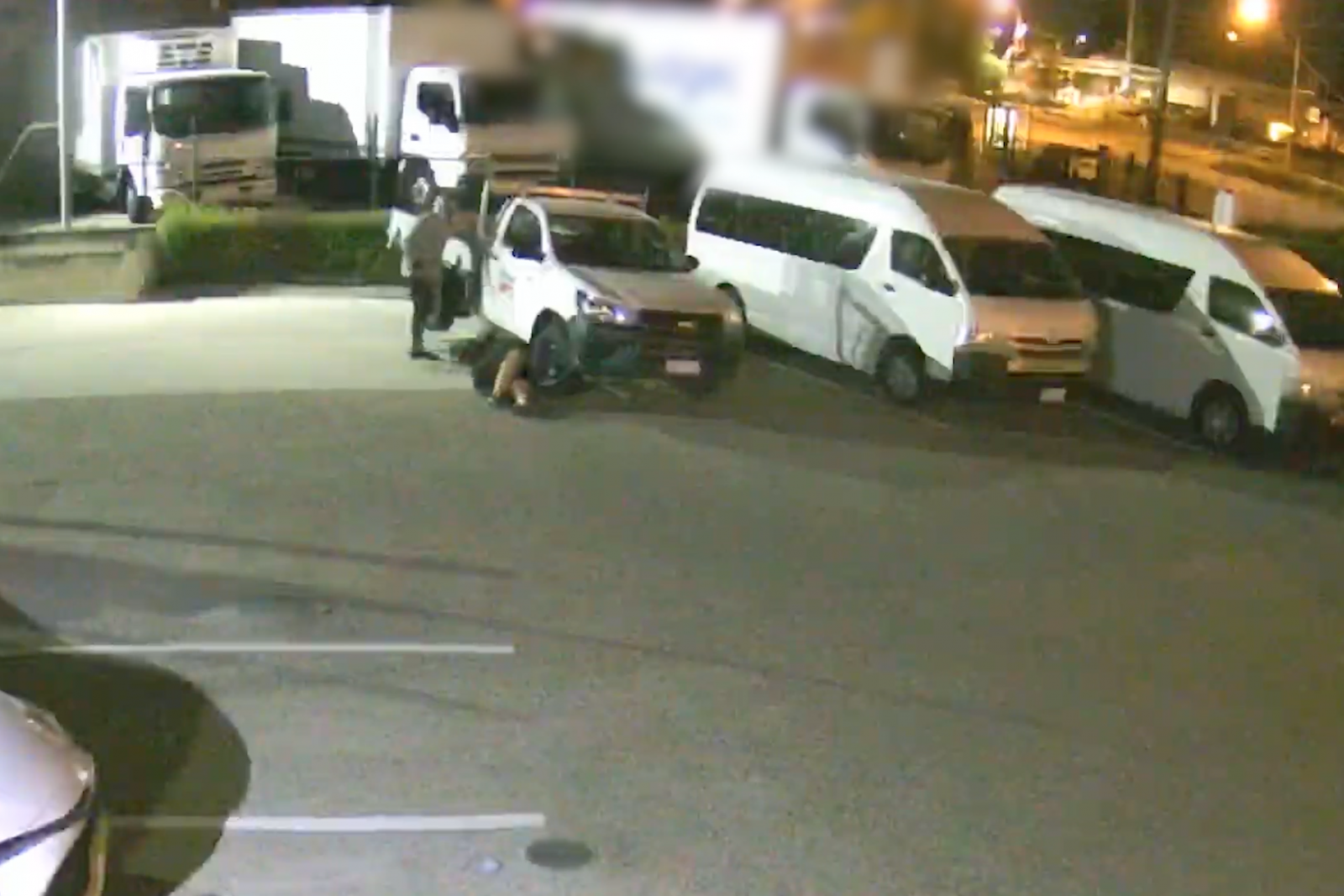The theft of catalytic converters is becoming increasingly common in Australia, and the problem isn’t just the thieves crawling under cars to chop them out but also dodgy backyard recycling operations.
Catalytic converters, often referred to simply as ‘cats’, are fitted to a vehicle’s exhaust system and designed to reduce emissions.
Inside the stainless steel outer is a honeycombed ceramic block containing the precious metals palladium, platinum and rhodium, with a chemical reaction created as exhaust gases pass through.
Naturally, these precious metals can attract a handsome price from an unscrupulous buyer. Rhodium is officially trading for more than US$6000 (A$8944) an ounce, more than three times the price of gold.
“It’s not just the theft, it’s that there’s somebody saying, ‘You can steal it and I’ll pay you for it’” said David Dowsey, head of marketing and communications for the Victorian Automotive Chamber of Commerce.
“If you cut off the sales channel, the robbers will have nothing to sell, or certainly they’ll have less opportunity to sell it and at a lower price, and they’ll move on to something else and the problem to some degree will go away.”
Mr Dowsey said the types of recycling outfits that buy stolen property are also involved in other kinds of theft and illegal activity.
The solution, he suggests, is more oversight of these types of “dodgy” operations.
“There needs to be some kind of government body that just does spot inspections of these places. Because they’re so large, they’re almost impossible to hide,” said Mr Dowsey.
“The problem is there to be seen, and the government in each state and territory has to get involved in stamping these sorts of places out because there’s other types of theft that goes through those operations.”
Earlier this month, the Queensland Police Service announced it had charged three people as part of a two-month long operation targeting the theft of catalytic converters across the South Eastern Region.
Figures from the New South Wales Bureau of Crime Statistics and Research, published by the ABC, show there were 194 recorded cat thefts across the state in 2022.
The South Australia Police has also warned thefts have been occurring everywhere from residential driveways and public car parks to main roads, with “public presence not seeming to deter offenders”.
Catalytic converter thefts have become such an issue in the US that a bipartisan bill tackling the issue was introduced in the Senate earlier this year.
It would require new vehicles to have a VIN stamped onto the cat, improve record-keeping stands for purchasers of used cats, and create a grant program to help fund the stamping of VINs on existing vehicles.
Mr Dowsey says simply mandating the stamping of VINs onto new vehicles isn’t enough to solve the problem, while enforcing this labelling on existing vehicles would be burdensome to owners – and come with a cost that would be passed onto consumers.
“There’s nothing you can do to retrofit that. If the converter was fitted in 1992, there’s no real economical way to have that stamped with something and then have a body that’s keeping log of all these things,” he said.
“And also it would have to be mandatory, because if it was voluntary… then you’re going to get close to zero uptake,” he said.
“Again, it’s just the poor old consumer that would pay through the nose for this.”
The Queensland Police Service says you can deter cat thefts by not only parking your car securely, but also by painting your cats with bright paint and engraving the vehicle’s registration number of VIN on the painted surface.
It also advises owners, dealers and workshops not to leave cars up on ramps or stands, which makes it even easier for thieves to access the part.




